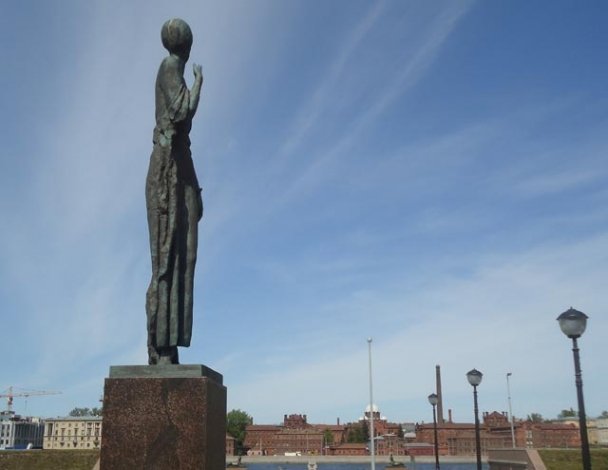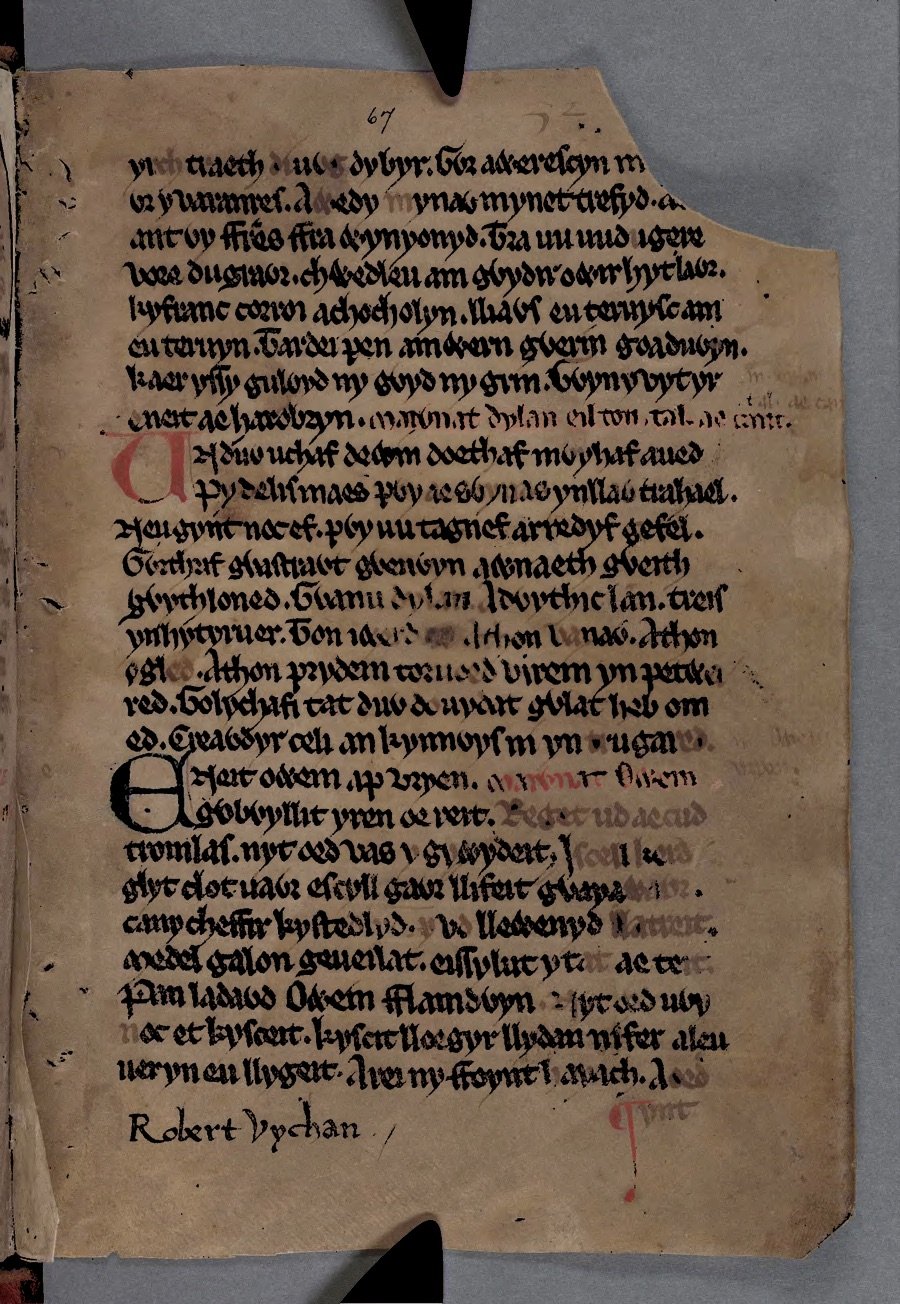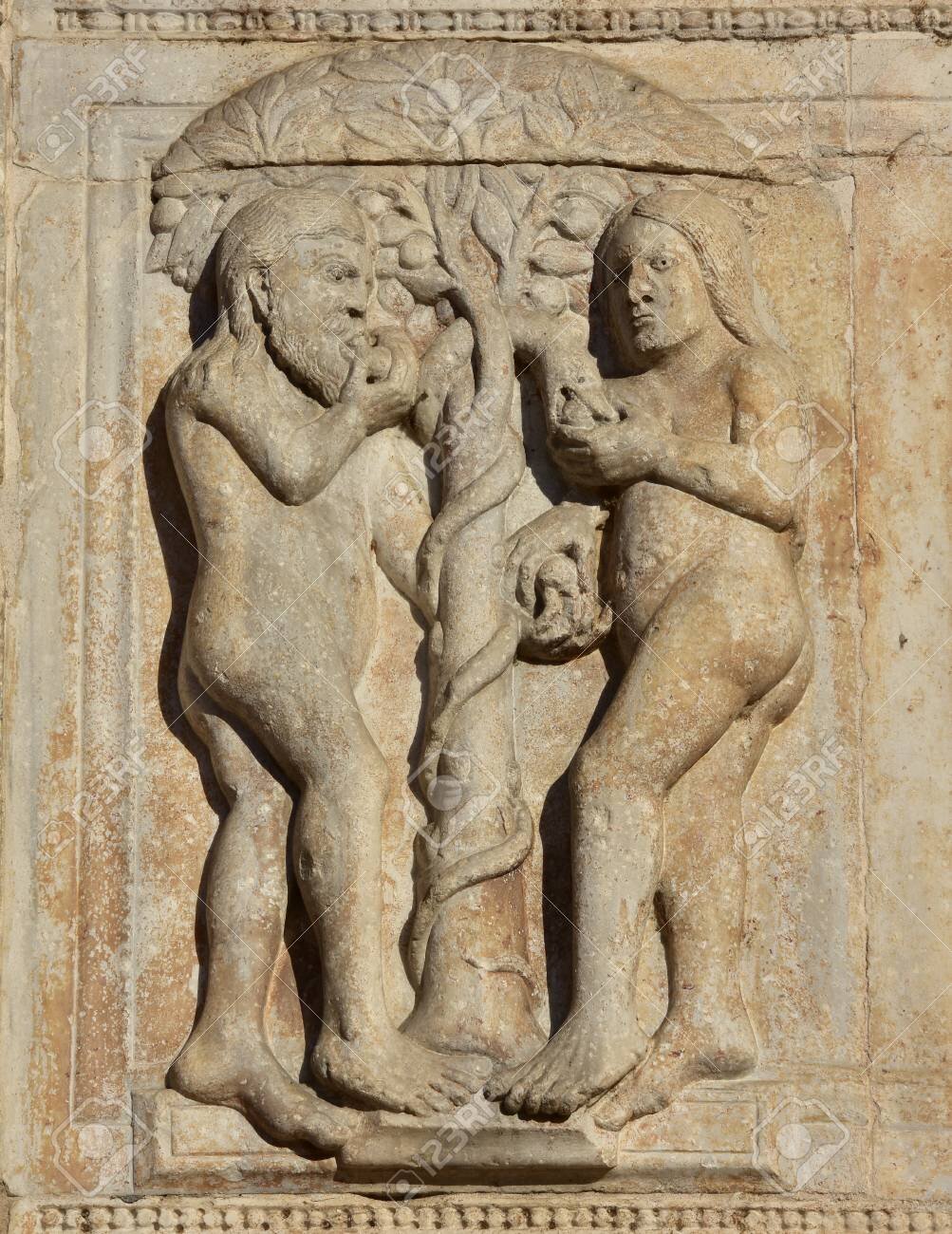Gwyn Thomas (1936-2016)
This is the first of a run of poems in which poets use other works of literature or characters from literature to make a point or to consider an idea. Hamlet is one of the most famous characters in the western tradition, so much so that he has escaped his play and lives a life of his own. People who have never seen a version of the play or read it have heard of him. ‘To be or not to be’ entered everyday speech so long ago it may be used without any knowledge of what the rest of the speech contains.
It’s a young man struggling to verbalise a reason for either living or dying.
Anyone can be driven to ask ‘what is the point’ or ‘what is the meaning of life’. You don’t need to be haunted by what may be the revengeful ghost of your father, or suspect your mother of adultery with your regicidal, fratricidal uncle. Once the religious and philosophical answers have been rejected, the purpose of life becomes finding a a purpose that will make life seem desirable. As Thomas says in this poem, it doesn’t have to be a desire to win an olympic medal or climb mount Everest. Growing onions will do it. Only when you have a reason to live, that matters to you, will you fear death, and only having feared death will you have lived.
I found this poem quoted at the end of Tony Conran’s introduction to ‘Welsh Verse; Translations by Tony Conran.’ Poetry Wales Press 1986. I knew of Gwyn Thomas as a translator of The Mabinogion and his reputation as a poet. I know very little about this poem except I assume it’s translated by Tony Conran from Welsh. If anyone knows differently please let me know.














